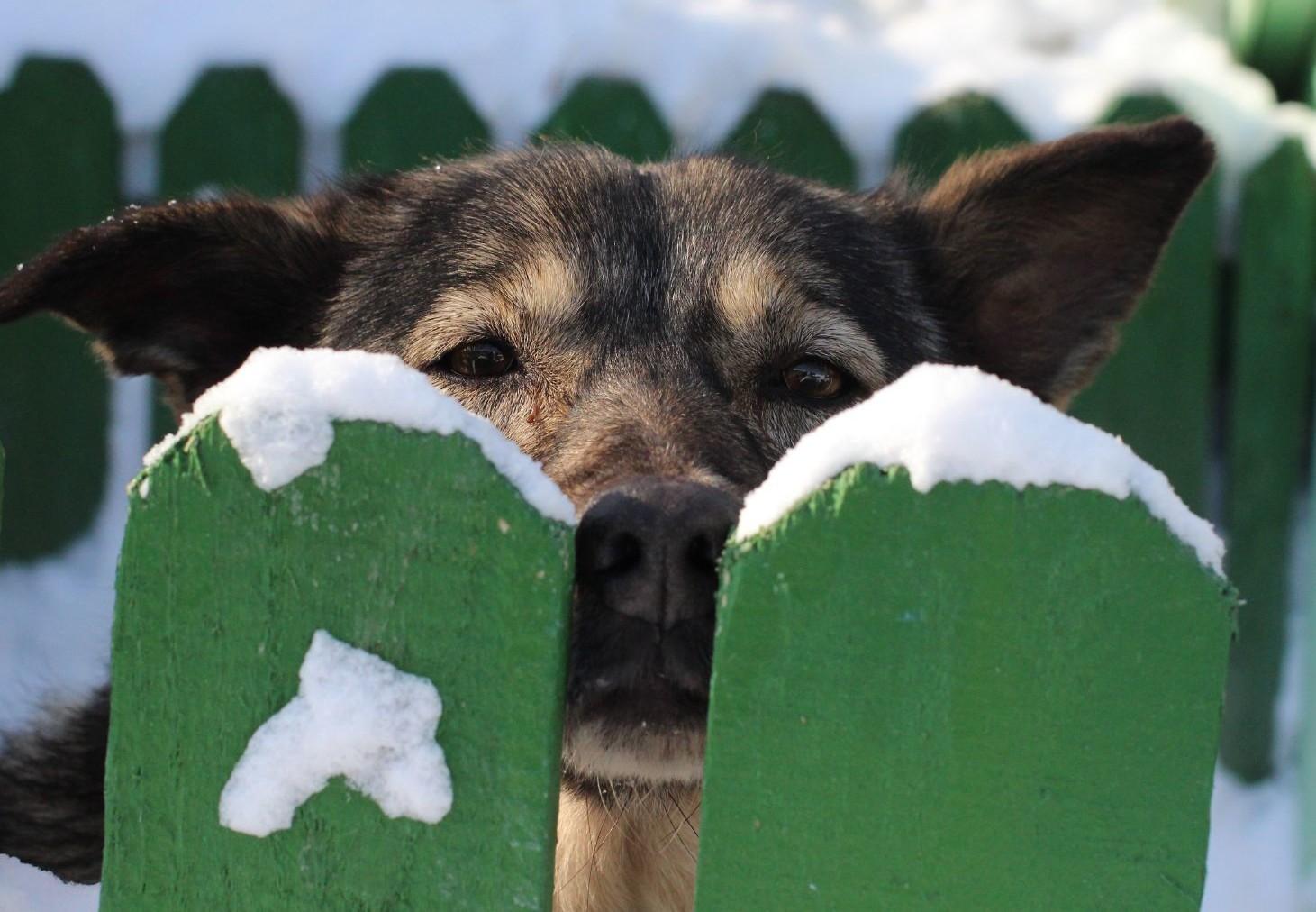
How to Get Your Dog Healthily Through Winter
Road salt, gravel and snow – keep your beloved friend safe in the cold season
The winter brings constant stress for our dog's paws. In some parts of Australia where there's heavy snow, road salt, gravel, and snow are part of it. Both substances attack dog paws and cause discomfort, pain and – if not taken care of – health hazards such as snow gastritis.
If your dogs’ paws have constant contact with road salt and gravel as soon as they are out for a walk. The salt penetrates between the toes and irritates the sensitive skin. Depending on how much salt is put out, it can also get into the paw pads and lead to irritation. The combination of road salt, sharp-edged gravel and possibly sharp ice crusts can injure the paws. Once this happens walking your dog becomes difficult. The dogs begin to hobble, hold up their paws, and refuse to move on. At home, the dog will lick its paw and irritate the sore spots to such an extent that inflammation develops and in the worst-case eczema. Any further contact with the salted ground becomes torture. The salt dries out the paw-pads even further so that the cracks in it become deeper and even more salt and gravel can penetrate.
First aid measure on site
When your dog shows discomfort, it is imperative to leave the area and carefully clean the paws. It is best to bypass all the stretches that have been salted or gravelled and choose alternative routes.
Precautionary measures
- It is advisable to apply a special paw protection cream to the pads of the dog's paws before going for a walk. This keeps the skin supple and protects it from cracks. However, products containing tea tree oil must be avoided as tea tree oil can be toxic if your dog has ingested it, for example by licking their paw.4,5
- Consider getting your dog suitable winter shoes to protect their paws from the cold.
- If your dog has long fur, trim it carefully to prevent balls of ice from forming between the pads and toes.
- Make sure to keep your dog's claws short in winter too. Long claws cause the paws to spread out when walking, making it easier for irritants to get between the pads of the paws.
- Paths covered with salt and other aggressive grit should be avoided if possible.
- After your walks, clean your dog's paws with lukewarm water and dry them thoroughly.
Snow gastritis
Dogs love to play in the snow, and some may eat small or large amounts. However, for dogs with a sensitive stomach, this can lead to painful gastritis (acute inflammation of the gastric mucosa), especially if the snow is contaminated with road salt. Both the cold temperature of the snow and the pollutants can irritate the gastric mucous membranes. Depending on the amount ingested, the irritation can cause inflammation. The first symptoms are vomiting and diarrhoea. Other signs include increased thirst, stomach pain, and even blood in the vomit and diarrhoea.6 A veterinarian should be consulted if any of the symptoms are shown.
Preventive measures
To prevent the dog from eating snow, one should take the following measures
- Do not throw snowballs
- Keep your dog on a lead
- Use a muzzle if necessary
References
1Frostbite on Dog Paws: Signs and How Can it be Prevented. Emergency Veterinary Care Centers. 2021 Dec 8 [accessed 2024 Oct 7]. https://evcc.com/blog/frostbite-on-dog-paws/
2Pododermatitis in Dogs | VCA Animal Hospitals. Vca. [accessed 2024 Oct 7]. https://vcahospitals.com/know-your-pet/pododermatitis-in-dogs
3First Aid for Torn or Injured Foot Pads in Dogs | VCA Animal Hospitals. Vca. [accessed 2024 Oct 7]. https://vcahospitals.com/know-your-pet/first-aid-for-torn-or-injured-foot-pads-in-dogs
4Is Tea Tree Oil Safe for Dogs? [accessed 2024 Oct 7]. https://www.petmd.com/dog/poisoning/is-tea-tree-oil-safe-for-dogs
5Essential Oil and Liquid Potpourri Poisoning in Dogs | VCA | VCA Animal Hospitals. Vca. [accessed 2024 Oct 7]. https://vcahospitals.com/know-your-pet/essential-oil-and-liquid-potpourri-poisoning-in-dogs
6Gastritis in Dogs | VCA Canada Animal Hospitals. VcaCanada. [accessed 2024 Oct 7]. https://vcacanada.com/know-your-pet/gastritis-in-dogs

